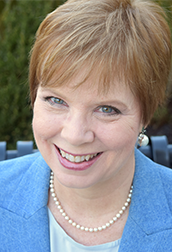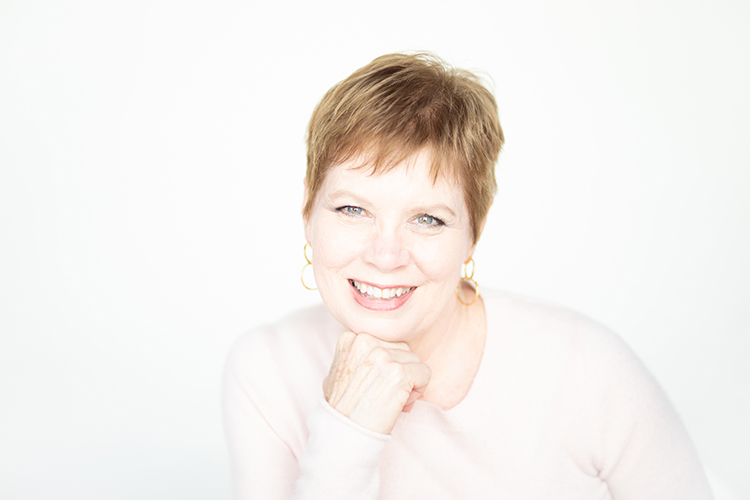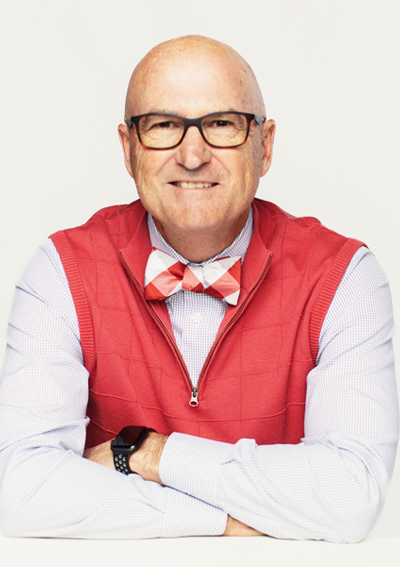Reena Esmail composed This Love Between us: Prayers for Unity juxtaposing religious texts from seven world religions on the themes of unity, harmony and love. I am eager to learn more of her story in our panel discussion this week in advance of the Centennial Concert. She grew up in California as the daughter of first generation immigrant parents from India, a place I also love. When I researched her story I discovered a photo of a choir practicing this new composition and I recognized the room. It was the chapel at Yale Divinity School where I spent three years. Then I learned that Reena was commissioned to write this piece by the Institute of Sacred Music at the Divinity School.
Ben Spalding, the Conductor of Spire Chamber Ensemble, first brought to us the idea of this concert and we immediately saw it as a fit with our Centennial. Ben writes “I believe music at its core is a part of the healing profession and will aid in creating emotional and spiritual healing and unity as the pandemic starts to recede and society also grapples with the issues of systemic racism, inequality, etc.” His energy for bringing people together across the lines that often divide us reminded me of the history of our church. I pictured George Hamilton Combs, seeking a new wholeness for humanity after the horrors he saw as a Chaplain in WW1. I saw Lawrence Bash building bridges between religious leaders both locally and internationally. I pictured Gene Brice building a partnership with historically black congregations. It is in our DNA to reach out and let the love flow “as the river finds its way into the ocean.”
When I reached out to a local Imam I had never met in Kansas City and invited him to serve on a panel to discuss the concerts themes he wrote back immediately “Dear Respected Reverend…“ and he wrote of his eagerness to participate in this project focused on “love, respect, unity and civilized peaceful coexistence.” I was deeply moved by his reply and re-read it many times. It stood in stark contrast to what we hear in the news. Airports bombed. Protests turned violent. Children drowning between borders. People too busy to care. The pain and destruction threatens life for millions of people. Is it true that the love born at the dawn of humanity still flows?
Reena Esmail wrote this musical piece “during some of the darkest days of our country” and she repeated many times to herself a line from Rumi which is the final line of the piece: “Concentrate on the Essence, Concentrate on the Light.”
Grace and Peace,




